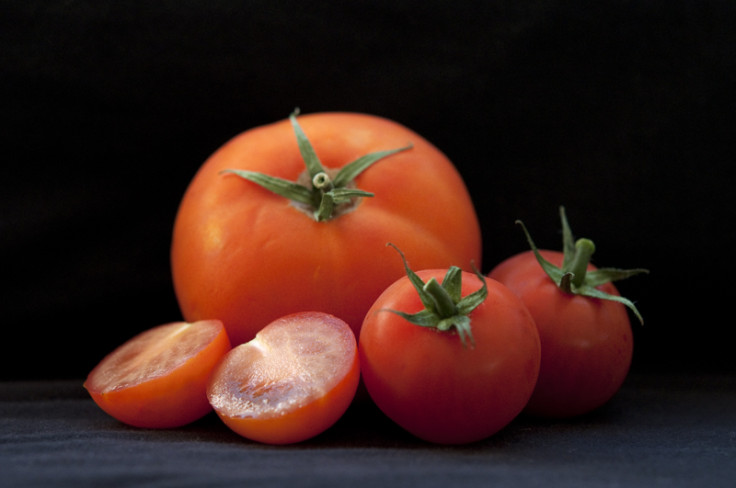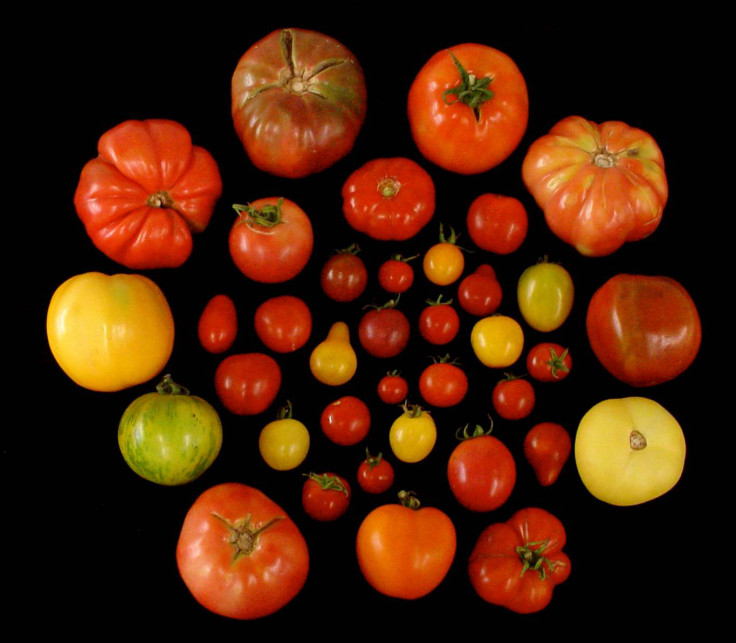Scientists find a way to make tomatoes tasty again
Years of selecting tomatoes for being larger and firmer has led to the loss of original taste.

Tastier tomatoes could heading to supermarket shelves after scientists identified the flavour genes they have lost over the years because of selective breeding. By genetically analysing different varieties of tomato, scientists have identified the genes needed to create their rich, original flavour – and the team believes they could be produced in just three to five years.
Modern tomatoes found in shops today are largely lacking in flavour. This is because over the years, they have been selected for their size and firmness, rather than taste. Bigger, stronger varieties were generally seen as better for commercial purposes. However, this came at a cost and tomatoes lost the sugars and chemicals key to their taste.
However, scientists from the US and China have now identified the genes needed to reintroduce the original flavour. Publishing their study in the journal Science, the team looked for the flavour-infusing genes lost over the years.
"We're just fixing what has been damaged over the last half century to push them back to where they were a century ago, taste-wise," said Harry Klee, from the University of Florida. "We can make the supermarket tomato taste noticeably better."
Researchers note this would not be a case of genetically modifying crops, but a technique where plants are bred to re-introduce what has been lost.

The team sequenced the whole genomes of almost 400 species of tomato, including modern, wild and heirloom. They also had consumers evaluate 101 varieties for their flavour intensity and how much they liked them. The latter helped the scientists to identify 13 chemical compounds that were probably related to flavour.
In modern less-flavoursome tomatoes, these compounds were significantly reduced. They also noticed smaller tomatoes tended to have the greatest sugar content, indicating the preference for larger tomatoes had caused domesticated varieties to lost their taste.
"We wanted to identify why modern tomato varieties are deficient in those flavour chemicals," Klee said. "It's because they have lost the more desirable alleles of a number of genes."
Having now discovered which genes are needed for tasty tomatoes, the team said they should be able to produce new tomato varieties in three to five years. Our results provide a roadmap for improvement of flavour," the team wrote. "The genes and pathways identified here in the tomato almost certainly point to pathways worth investigating for improvement of flavour quality in other fruit crops."
© Copyright IBTimes 2025. All rights reserved.






















